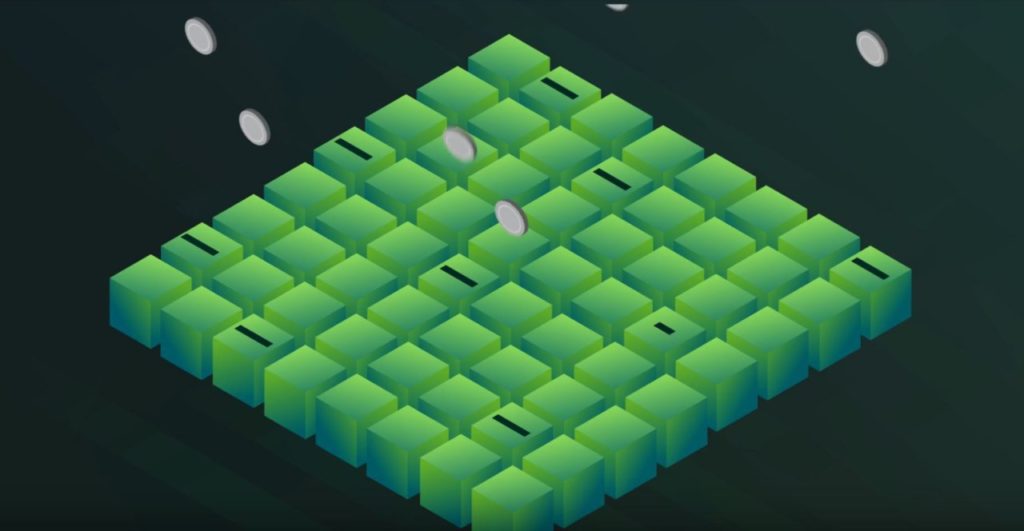Merge Mining and hashing algorithms
Recently there has been a lot of talk in the Loki community about merged mining, hashing algorithms and FPGAs. We have been listening to your conversations on Github, the Loki Discord, the Loki Telegram groups, and across our social media channels taking note of your suggestions and proposed changes.
Should Loki Hardfork from CN-Turtle?
Here are a few key assessments made by the community that we agree with:
- Although the pool distribution is very equal, with no pool with greater than 25% hashrate, we suspect there are some very large miners merge mining TurtleCoin and Loki. These large miners present a risk for 51% attack pre checkpointing:
- Loki Address L8ntSS: ~145 MH/s total (~36MH/ on cnpool, ~36MH/s on cryptopool.space, suspected additional ~65 MH’s from conversations with other pools)
- Loki Address L7StFQ: (~47MH/s on mine2gether)
- We suspect that because of the current difficulty, CN-Turtle has become ineffective at protecting the network against profitable FPGA mining. This is reducing the number of GPU miners and further driving centralisation towards a group of large FPGA miners.
- The Loki community and the Loki team have expressed concerns about the alignment of incentives in merge mining. Both groups have pointed out that miners of TurtleCoin have been forced to mine Loki in order to continue to be profitable. This can create negative economic incentives where miners discard Loki in favor of increasing their TurtleCoin holdings and visa versa.
We have been discussing a number of these issues internally and we have decided it’s time for a change to the Loki hashing algorithm and current mining setup.
RandomX and RandomXL
Today we are announcing the integration of the RandomX hashing algorithm into Loki. You can see our pull request to the Loki codebase here: https://github.com/loki-project/loki/pull/675.
We have made some small modifications to our RandomX parameters and from now on we will refer to the Loki hashing algorithm as RandomXL to avoid confusion. We are grateful to the developers who worked on RandomX, including tevador and hyc. A full list of contributors can be found here: https://github.com/tevador/RandomX.
Although this change is happening quite close to our revised testnet binaries release date (June 28), we have been looking into these changes for a while. Our friends at Arweave funded a security audit of RandomX (https://github.com/trailofbits/publications/blob/master/reviews/arweave-randomx.pdf) which further increased our confidence in RandomX being the right choice. Over the next two weeks of testnet we will be monitoring how RandomXL performs, and if there are no issues it will be enabled on our Hard Fork date on July 24.
TurtleCoin Merge mining is disabled
Going forward, this means that Loki will disable merge mining with any other chain. We want to thank our friends at TurtleCoin for their positive community interactions with the Loki team and the Loki community. Over the next 6 months we will continue to discuss mining rewards, hashing algorithms and merge mining, so please join in our conversations and let us know what you think.
